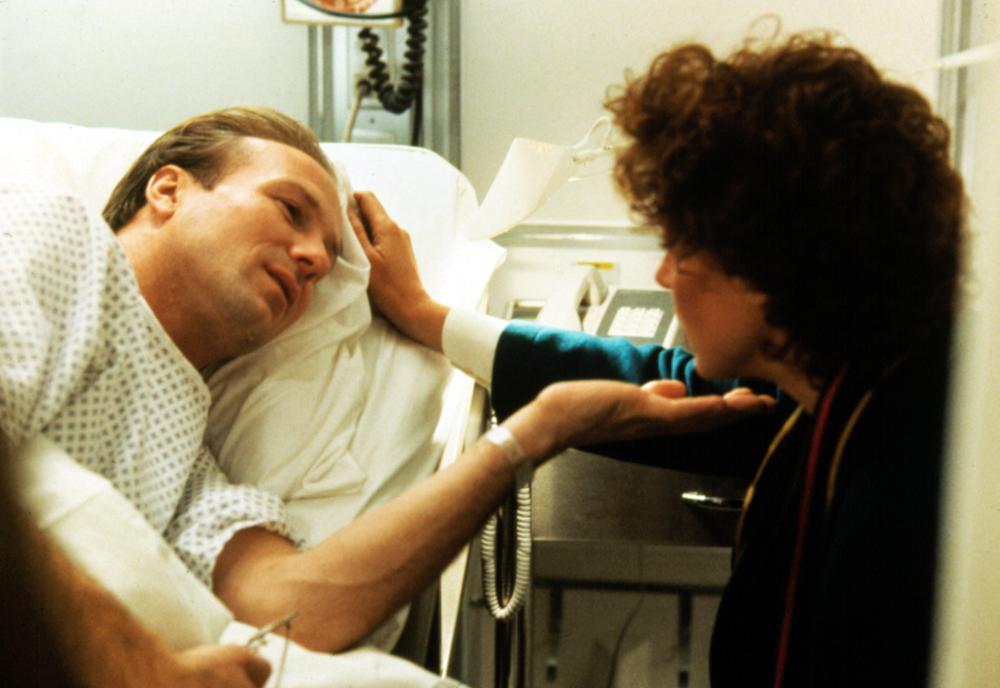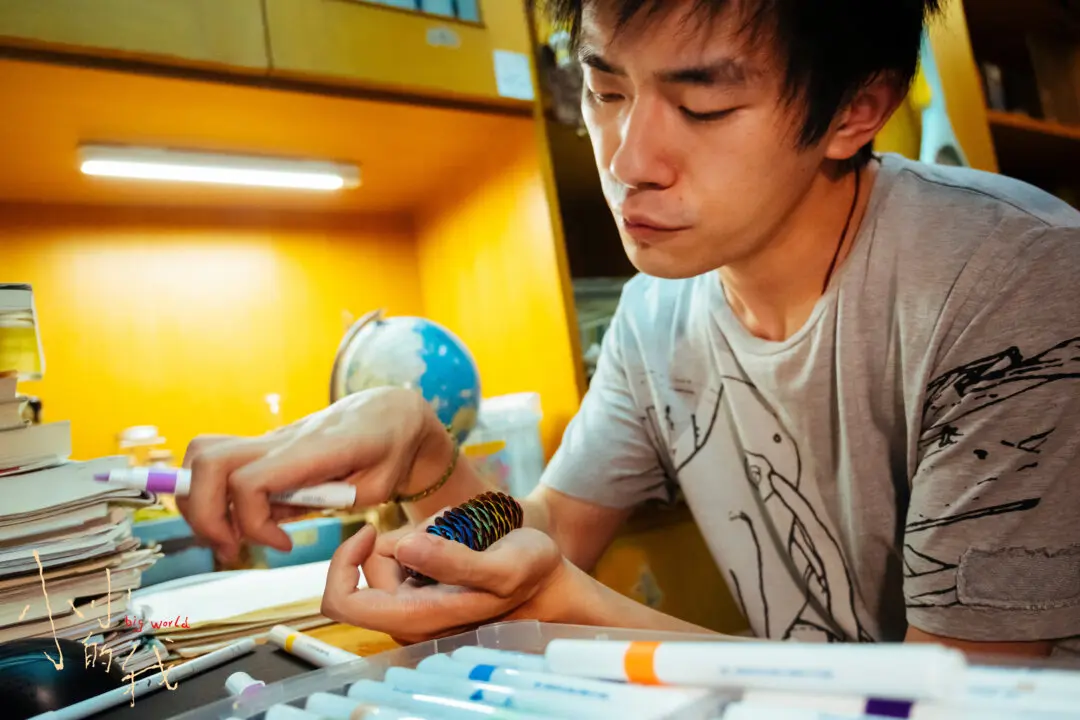These reflective articles may interest parents, caretakers, or educators of teenagers and young adults, seeking great movies to watch together or recommend. They’re about films that, when viewed thoughtfully, nudge young people to be better versions of themselves. Click here for plot summary, cast, reviews, and ratings of this film.
This medical drama is about Jack McGee, a skilled but soulless doctor, who finds the tables turned when he becomes a patient with a malignant tumor.





